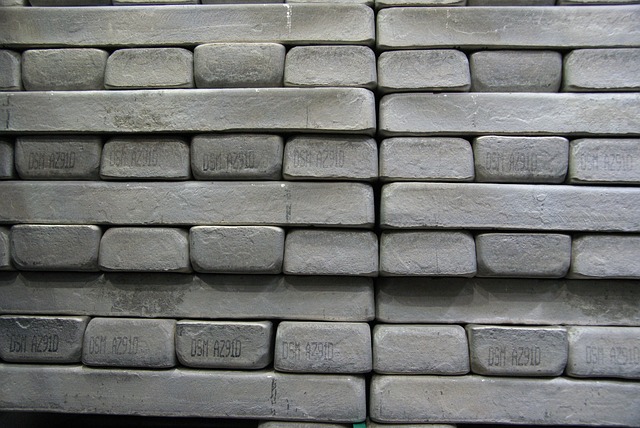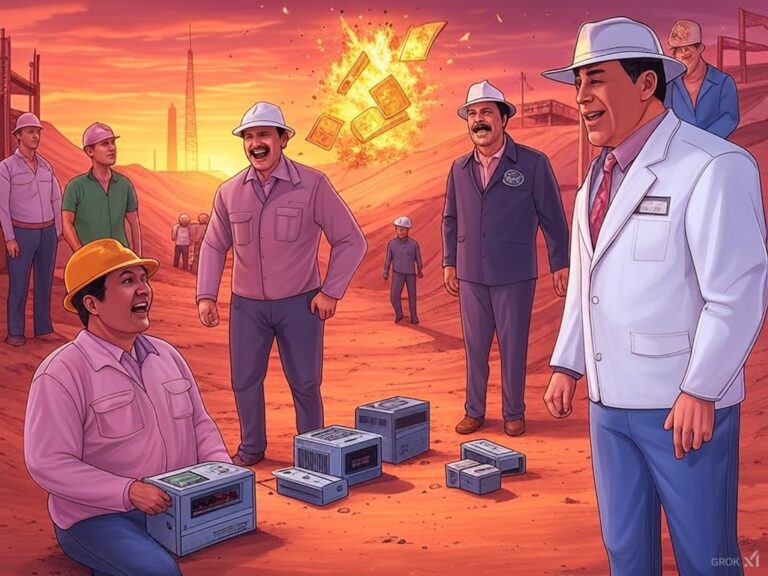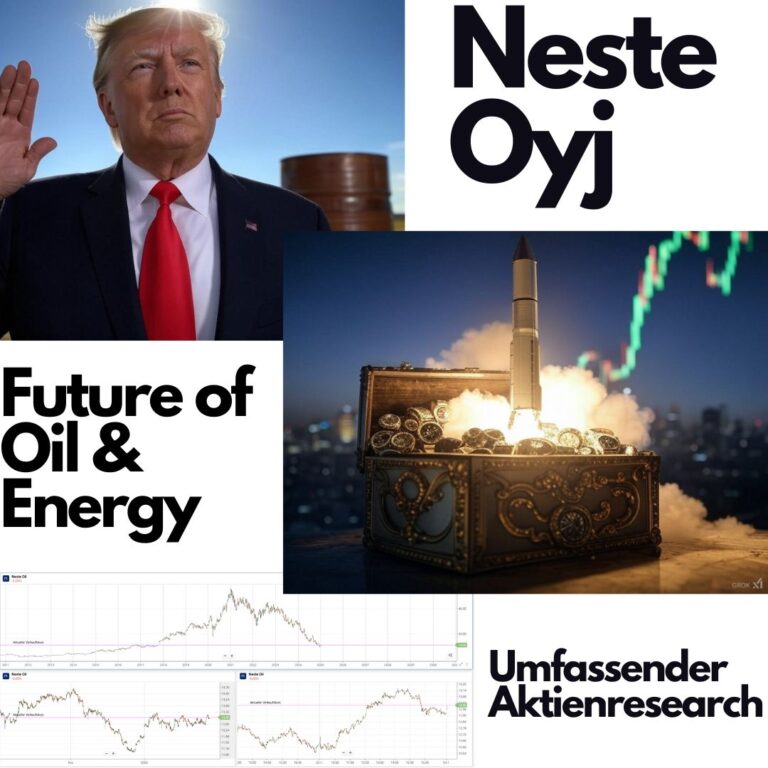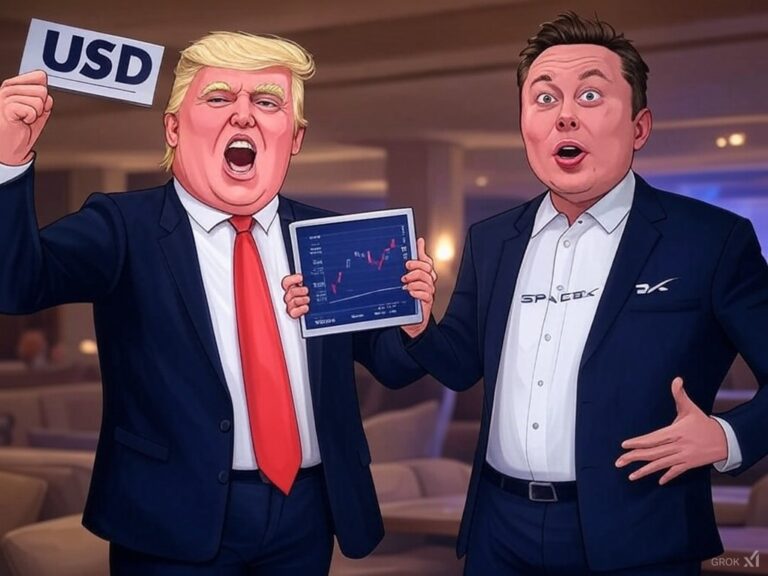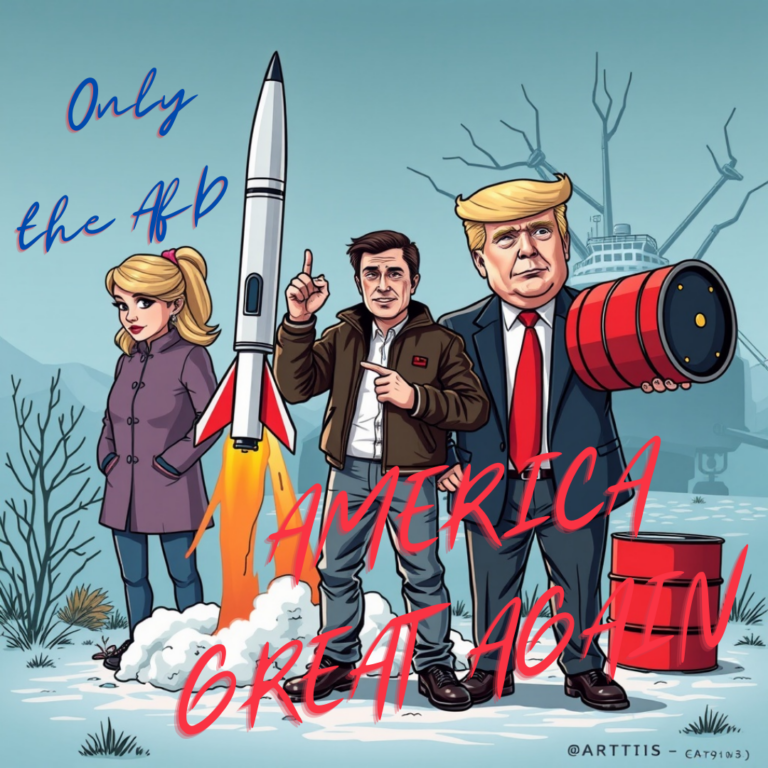Magnesium is one of the ten most common chemical elements in the earth’s crust and is an indispensable raw material for the production of various aluminum alloys. Although magnesium reserves are almost unlimited worldwide, magnesium is not mined everywhere in the world.
The production of this important raw material is extremely energy-intensive and, as with many other raw materials, China is also ahead in magnesium. Almost 90 percent of the world’s magnesium imports come from the People’s Republic.
In the EU, magnesium is now classified as a critical raw material, because almost unnoticed by the global chip shortage and supply chain problems, magnesium is now also threatening to become scarce.
Energy intensive production
The earth’s crust contains almost unlimited quantities of magnesium worldwide. But magnesium is not hidden in the earth in elemental form. Instead, it occurs as a mineral in the form of silicate, chloride, sulfate or carbonate.
The extraction of magnesium is therefore not quite as simple as the extraction of coal or iron ores, for example. The alkaline earth metal must be extracted from the rock by fused-salt electrolysis or by thermal reduction before it is in pure form and can be used further. Both processes are very costly and energy-intensive.
China’s monopoly position in magnesium production
The People’s Republic of China is one of the largest and most important producers of many raw materials. The Middle Kingdom has an absolute monopoly in magnesium production, accounting for around 87 percent of global magnesium production.
In Europe, China covers as much as 95 percent of magnesium demand, and so, as with numerous other raw materials, Europe’s and the entire world’s dependence on China is now also becoming increasingly noticeable in the case of magnesium, which is such an important raw material, and is threatening production in automobile manufacturing in particular.
Many Chinese magnesium producers have currently drastically cut back their production in order to save energy in this way. The Chinese central government had previously issued new targets for cutting CO2 emissions.
Threat of supply bottlenecks and production stoppages
In aluminum production in particular, magnesium is a raw material that cannot be dispensed with and for which there is no adequate substitute. Aluminum without a corresponding magnesium-containing alloy is not usable for many industries and especially for medical technology and the automotive industry, as it does not have the necessary properties without an alloy.
The German Aluminum Industry Association recently reported that magnesium stocks at many companies will only last until the end of November. If the urgently needed supplies fail to arrive, this could quickly lead to supply bottlenecks and production stoppages.
Europe, and Germany in particular, could be hit particularly hard by the magnesium shortages, as Europe has had virtually no magnesium production of its own since 2001.
Although the USA, Canada and Turkey are currently expanding their magnesium production, this is unlikely to change Europe’s complete dependence on China in the medium term.

